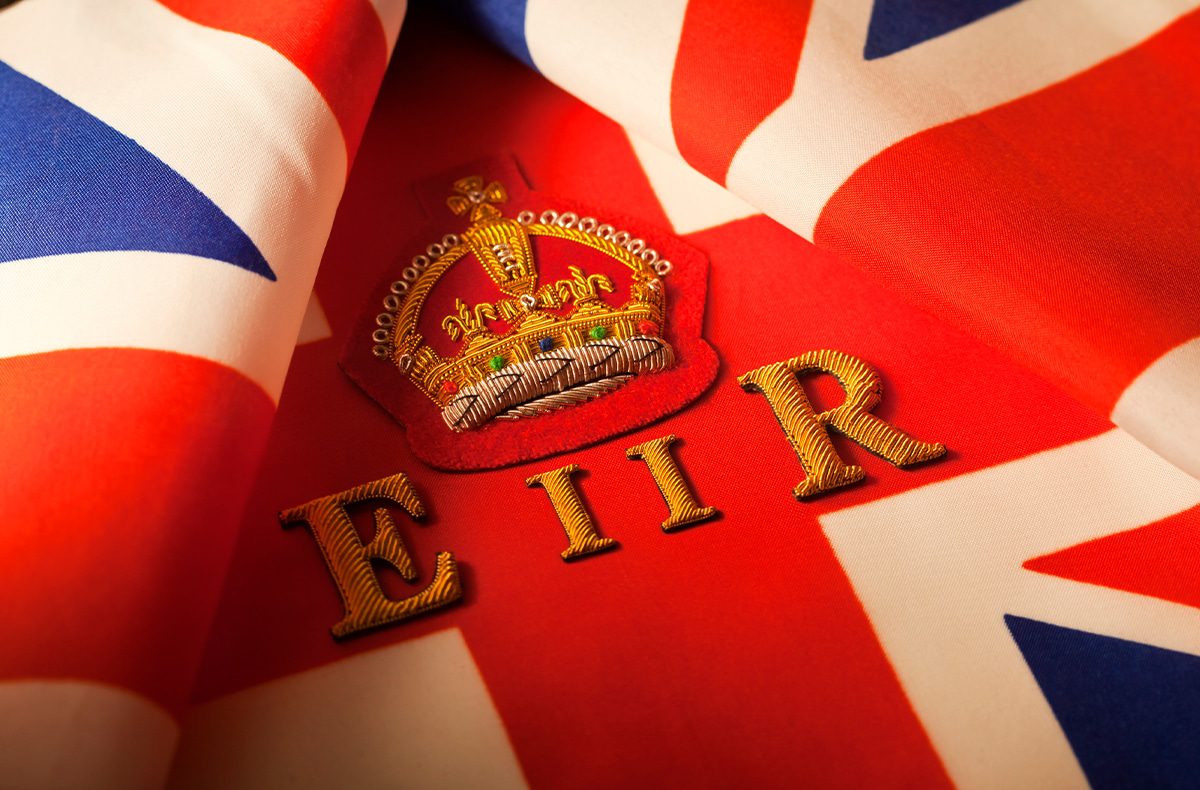
Much has been said about the passing of Queen Elizabeth II. In the last few days, Britons have read a vast number of pages of newsprint about her life, qualities and example, and shared endless personal reflections upon them; all of this while adjusting to a Charles Windsor who is transforming before our eyes from a prince into a king.
Yet this outpouring of national loquaciousness belies a truth about what Her Majesty represented. While society, over recent decades, has become ever more incontinent with its feelings, and—particularly since the advent of social media—more narcissistic, the Queen continued to provide a living example of constancy, dutifulness and reserve.
She never openly gave way to the expression of her feelings, except in the most controlled manner. Part of this was constitutionally prescribed; the British monarch must remain aloof from politics, never expressing any view on the major issues of the day. Without this, the structure of state—with Parliament sitting under the greater authority of the Crown—would collapse.
Yet aligned with this was the example of a wartime generation, whose characters were forged in deprivation and sacrifice, for whom make-do-and-mend became a worldview and allowing one’s private feelings to take up shared space was anathema.
There are very few moments on which the late Queen gave any hint of her true opinions. The most famous was during the Scottish independence referendum in 2014, when after leaving Crathie Kirk, near her Balmoral estate in Aberdeenshire, after Sunday service, she remarked to a well-wisher: “Well, I hope people will think very carefully about the future.”
When compared to the lurid exhibitionism to which society has become addicted, this was nothing. But for the Queen, it was big. It prompted feverish national reading-between-the-lines, and was widely interpreted as an expression of support for the Unionist cause.
It is fanciful, of course; but seen in a certain light, it almost appears that location and timing of her death—at her Scottish estate, meaning that her first informal procession in death was along Edinburgh’s Royal Mile to the magnificent St Giles’ Cathedral, before being flown thereafter to London—was a further expression of love for Scotland’s vital position within the United Kingdom. With the movement for a second referendum gathering pace, and the nightmare of a broken Britain looming on the horizon, the Queen’s Scottish death can only give the Unionists a boost.
But this temptation to read the runes—even when they are almost invisible—demonstrates just how superhumanly reticent Her Majesty was. Probably the most poignant picture of the Queen depicted her sitting alone in St George’s Chapel in Windsor Castle, in black and wearing a black surgical mask, surrounded by empty seats, as she attended the funeral of her husband of 73 years during the Covid period. Its poignancy in large part derived from the internalisation of her emotions for the benefit of the country. We saw her from the outside and understood; the way she was able to control such intense emotions made it immeasurably more powerful.
King Charles, as Prince, was unable to emulate her example, even with her blazing a trail just a few feet ahead of him. He regularly made his opinions known with regard to environmental causes, and wrote numerous controversial “black spider letters” to British government ministers and politicians, which all but dispensed with the principle of neutrality. In June, it was reported that the then-first-in-line to the throne had accepted suitcases stuffed with millions in cash from wealthy donors in the Gulf. The money was directed towards his charity. But the optics didn’t look good. If even King Charles was unable to uphold the standards set by the late Queen during his time as Prince, what chance is there for the rest of us?
Yet for many in Britain, the Queen was not in fact a solitary example. The Times columnist Janice Turner wrote last week of how she lost her mother in the same week as the country lost the Queen. “The frail Queen jamming on a bright hat to open the Elizabeth Line was my mum taking a taxi 200 miles to London alone for my birthday party, then staying up until the last guest left at 3am,” she wrote.
“Two women: selfless, middlebrow, of steady temperament, little vanity, and underestimated diplomacy and strength. “Two ever-present, seemingly indestructible figures from early last century, whose contemporaries were swallowed by history long ago. The last of their kind: the mother of our nation, and my one and only mum.”
Those words will have rung true for many Britons. They rang true for me, with my stoical, good-humoured, uncomplaining and dutiful grandmother, now aged 92. Like the Queen, Mutti—as she is universally known—never made her feelings public, never complained about anything, was always cheerful and always performed her family duty. She’s still going strong, and is in good health. But she will not go on forever.
That is why the passing of the Queen is felt so profoundly in this country. Her Majesty always represented the purest expression of the virtues of the wartime generation. They are virtues that we have all but lost. As in life, so in death; in addition to the particular grief at the death of a unique monarch, the country mourns the loss of a generation that will never come again.



